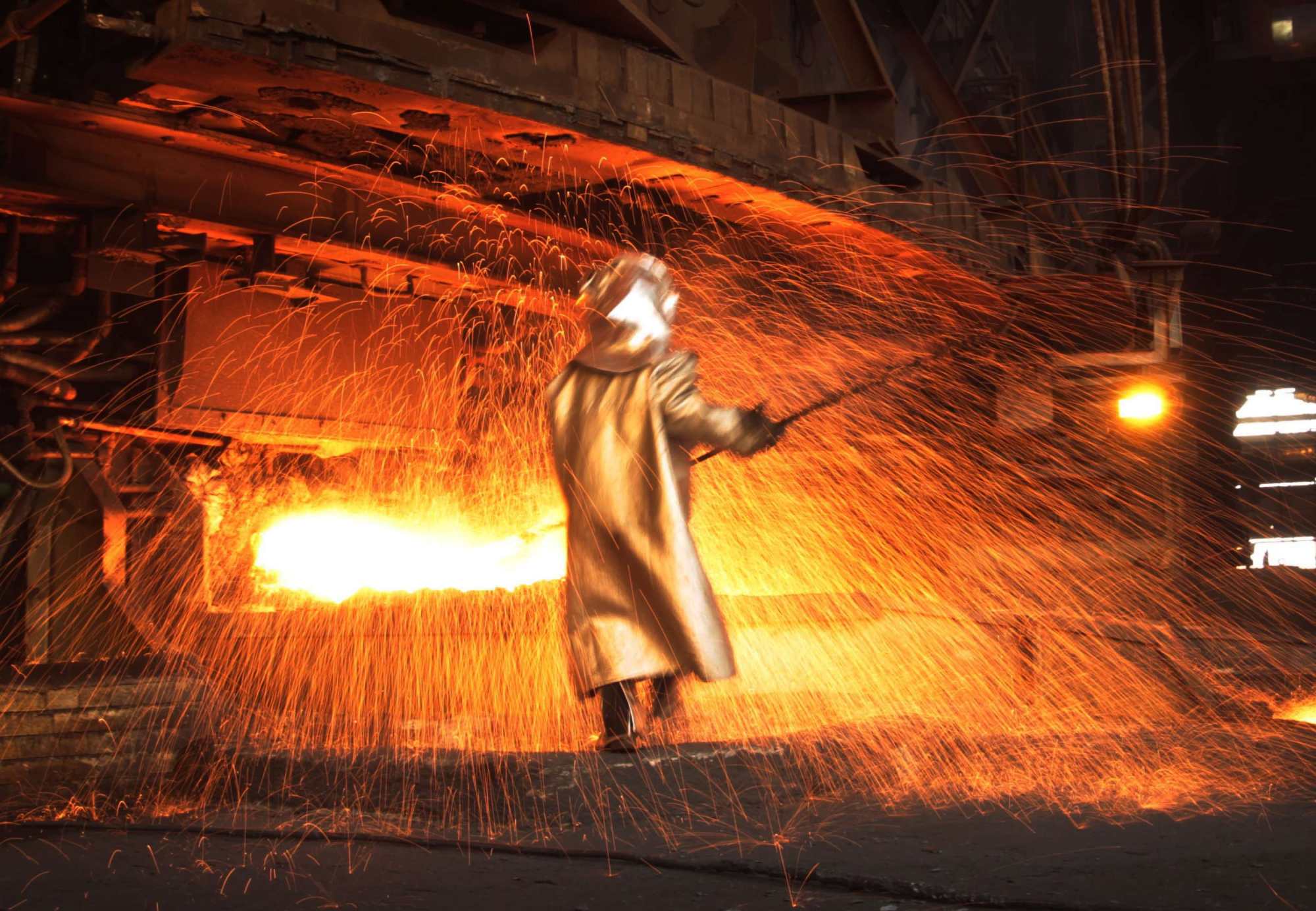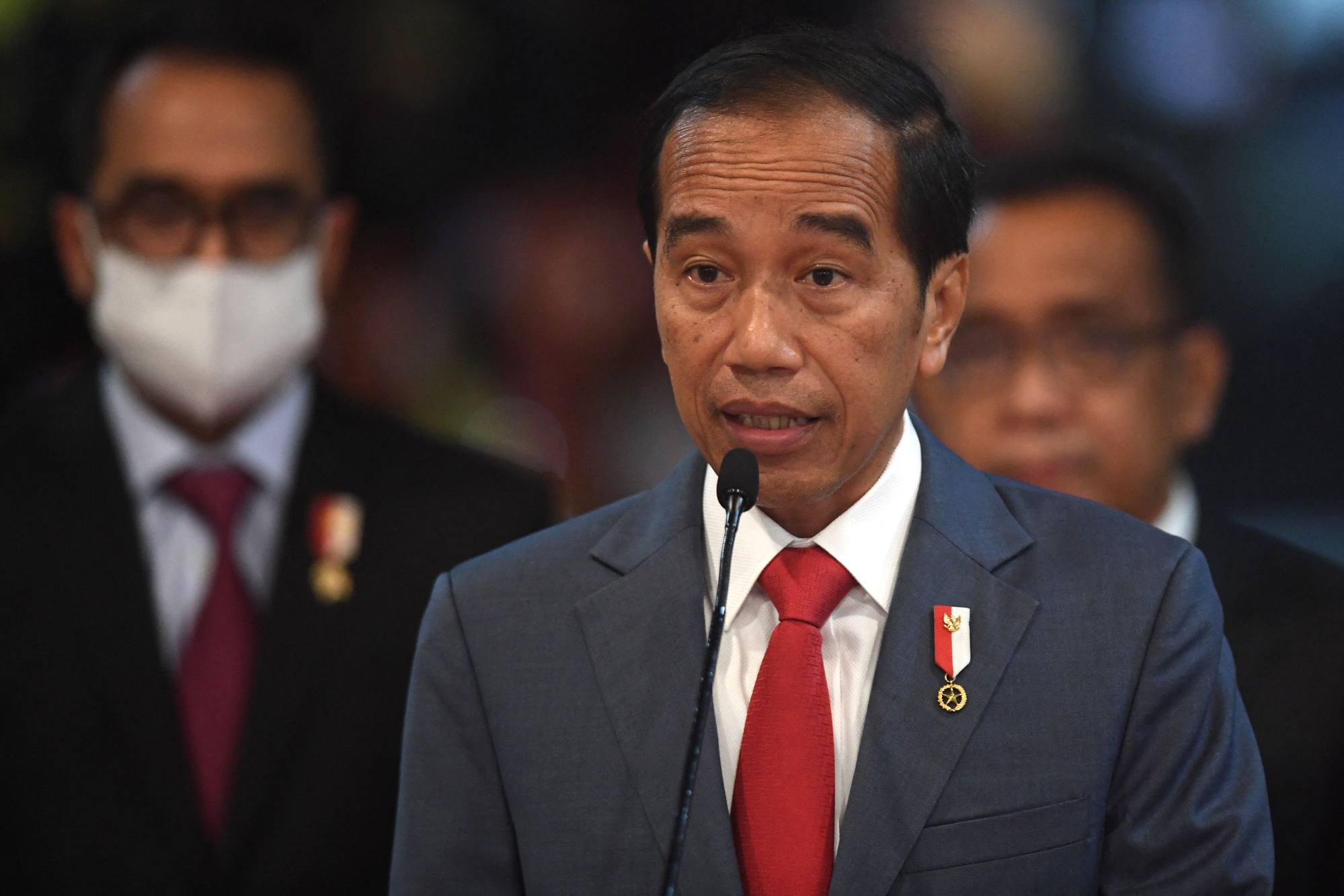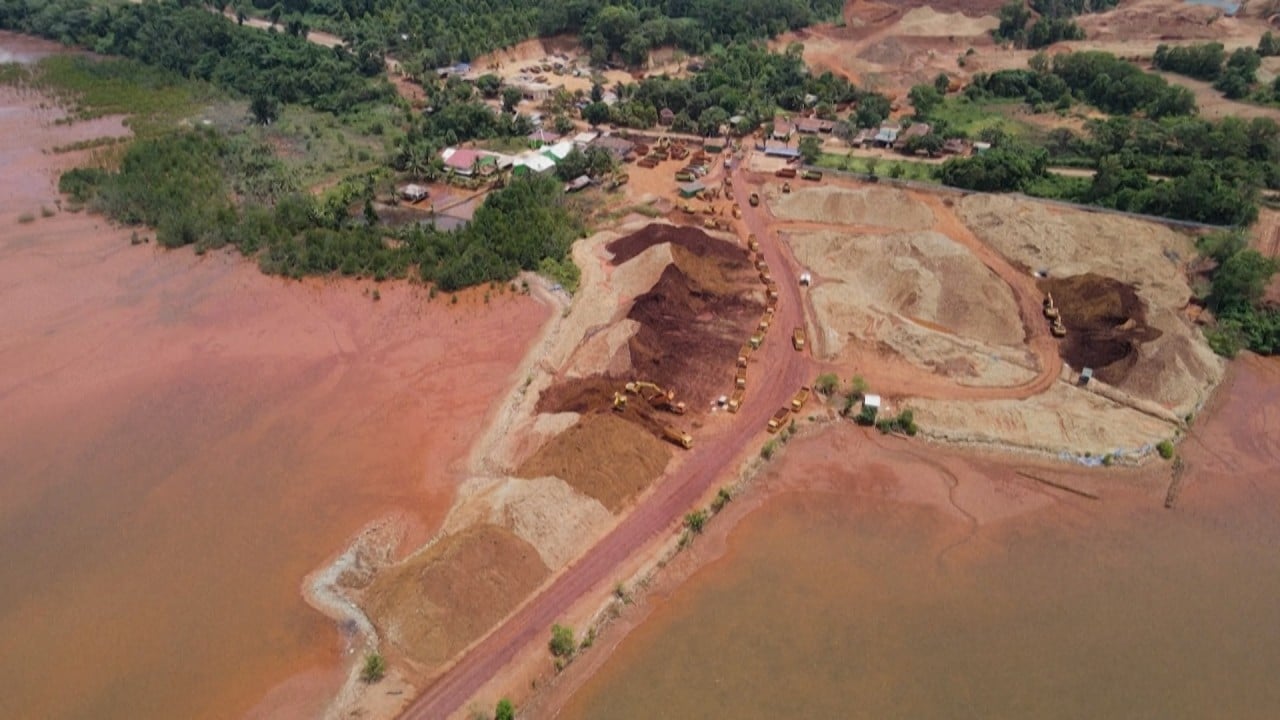
Will US-China rivalry undermine Indonesia’s EV battery hub dreams amid tussle over green subsidies?
- Nickel is a key component in producing EV batteries, but Chinese companies hold a dominant position in Indonesia’s nickel sector
- EVs with battery components manufactured by ‘a foreign entity of concern’ are ineligible for tax credits under the US Inflation Reduction Act
Diplomatically, IRA and recently published guidance will push Indonesia even more towards China
“If Indonesia wants to avoid being stuck in its current disadvantageous situation, then it will have to put in much diplomatic energy and resources in lobbying the US government,” said Kyunghoon Kim, associate research fellow focusing on industrial policies in Asia’s developing economies with the Korea Institute for International Economic Policy.
“On top of lobbying, the key factor would be how Indonesia is viewed in Washington. Is Indonesia a like-minded country of the US or China?” Kim asked.
“Diplomatically, [the] IRA and the recently published guidance will push Indonesia even more towards China since Jokowi thinks of the nickel sector industrial policies as one of his major achievements,” he added, referring to Widodo by his nickname.
“We are discussing IPEF, and the spirit of the agreement is cooperation. If America excludes Asean [countries], it feels very unfair,” he said.
At 21 million metric tonnes, Indonesia has the world’s largest nickel reserves and is also the world’s largest producer of the commodity, according to the US Geological Survey. It was also the world’s second largest producer of cobalt last year, according to the US Geological Survey. Both metals are significant components in EV batteries.
Analysts say Indonesia’s large nickel reserves will not guarantee it a lasting place in the global EV supply chain as manufacturers continue to tweak the inner workings of EV batteries, including eliminating nickel altogether.

While it may take a long time to materialise, Indonesia can start to seek preferential trade agreements with Washington now in lieu of a full-fledged FTA, said Bhima Yudhistira, executive director at the Jakarta-based think tank Centre for Economic and Law Studies.
“We can, for example, exchange nickel with superior US products, such as soybeans. Indonesia has always been depending on soybeans and corn from the US,” he said.

The lobbying will only work if Jakarta can assure Washington its economic policies do not lean towards China and it will provide fair treatment to American companies seeking to invest in Indonesian nickel, he said.
The lobbying must also be accompanied by an effort to increase environmental safeguards, which have always been an obstacle in the sale of Indonesian nickel in the international market, he said.
Non-China portfolio
According to Arsjad, Jakarta is now working with multinational companies to build separate China and non-China nickel supply chains as “Indonesia is a friend to both China and the West.”
Since banning nickel ore exports in 2020, President Widodo has made downstreaming the nickel industry, in which the commodity is refined domestically instead of just being exported in its raw form, the cornerstone of his economic policies. He has also envisioned Indonesia becoming a top-three global battery producer by 2027.
If Washington does not give Jakarta leeway to bypass the IRA, then Indonesia is likely to lean more towards China to maintain its vision to be an EV battery manufacturing hub, said Kim of the Korea Institute for International Economic Policy.
“If certain entities, Chinese or otherwise, are designated as foreign entities of concern, all the related parties will be under the radar of the US Treasury so it will be very difficult to dodge,” Kim said.


